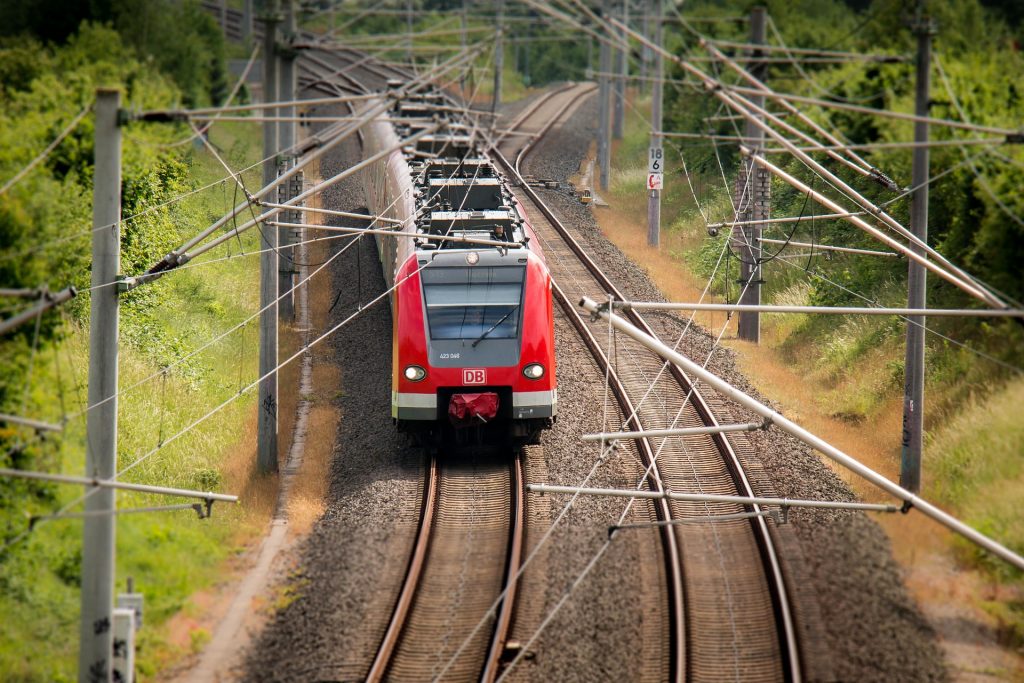Highest rail fare rise in nine years
The highest train fare rises for nine years have come into force for rail travellers in England and Wales.
Regulated fares in England and Wales will rise by up to 3.8%. They cover around half of fares and include season tickets on most commuter routes.
Labour condemned what it called a “brutal” rise while the TUC union said it would “make it harder for city centres to bounce back” from Covid.
But the government said the increase was below the rate of inflation. The current retail prices index (RPI) measure of inflation stands at 7.8%.
The rail fare increase is based on last July’s RPI inflation rate. The increase in train fares would have been higher than up to 3.8% if the government used its normal formula of RPI plus 1%.
It comes at a time when the UK’s cost of living is rising at the fastest pace for 30 years, with the rate expected to rise even further.
The Rail Delivery Group said: “It is important that fares are set at a level that will encourage more people to travel by train in the future, helping to support a clean and fair recovery from the pandemic.”
The Campaign for Better Transport chief executive, Paul Tuohy, pointed out that London commuters “will be hit by a double whammy as bus and tube journeys in the capital go up 4.8% from today”.









